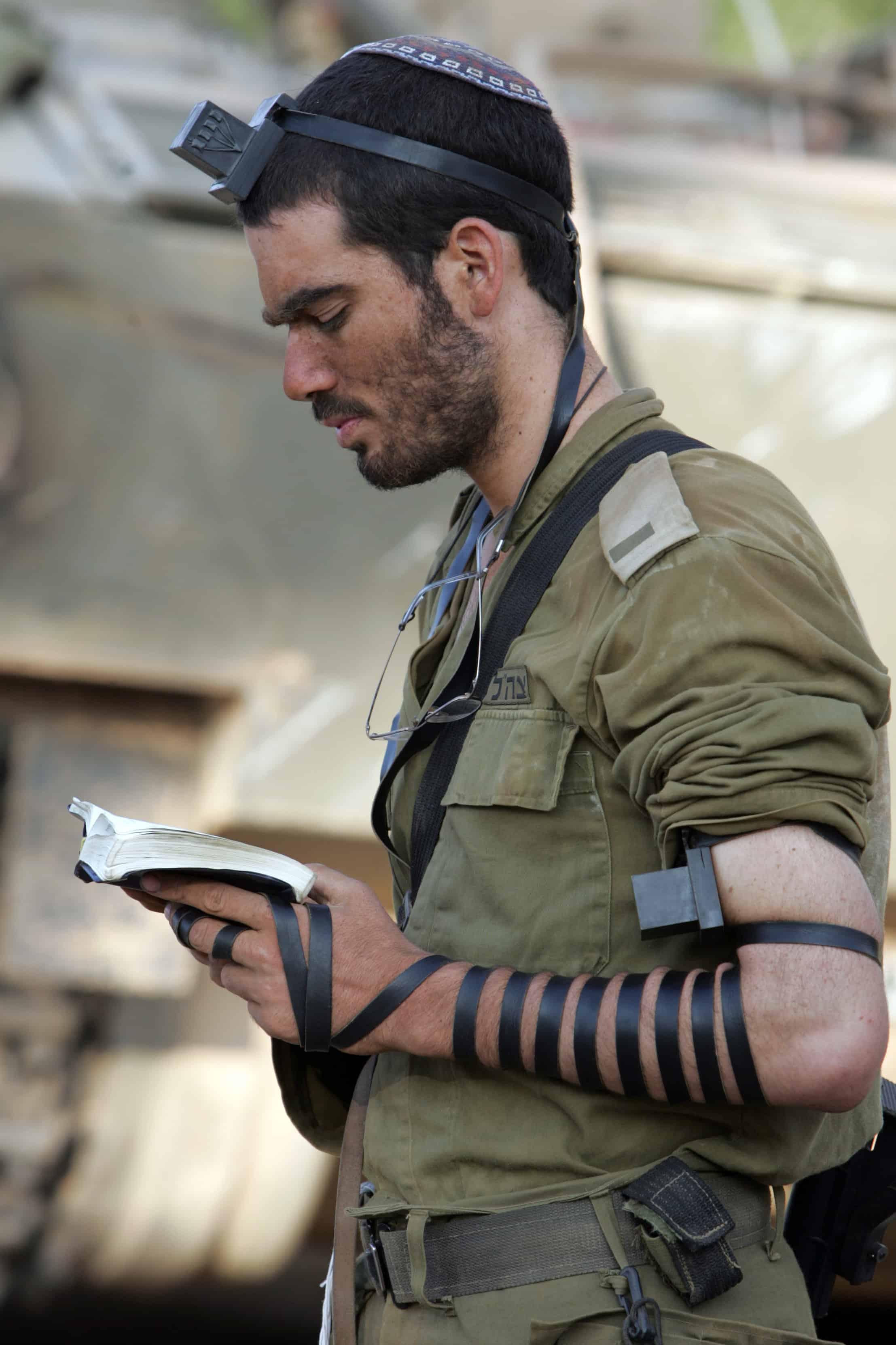by Moshe Kempinski
True and deep relationships develop with subtlety and gentleness, far from the public eye. During this month of Elul, whose initials stand for the verse, “I am my beloved’s and my beloved is mine,” relationships with our Divine beloved are being nourished and developed throughout this land.
Makom BaLev (“A Place in the Heart”) supported and created by the OU runs centers in the development towns of Israel with the purpose of giving the youth and their families a place to serve as an oasis of warmth and spirituality in the midst of the hectic existence of Israeli life. It is only in the spiritual safety of such an environment that people can and do make qualitative decisions regarding the Jewish nature of their lives.
In one of the those events several years ago, a large group of families from the embattled town of Sderot were taken to visit other communities for several days of relaxation and fellowship. One of the participants in this outing was a man who, though physically disabled, had in the past become a symbol of the resilient strength of Sderot. He became one of the most sought-after speakers throughout the country on the issue of “standing strong against adversity.”
Regrettably, this man and his family were recently beset by tragedy when their young eight-year-old daughter was killed in a traffic accident. This symbol of strength and vision became a shattered vessel. In his brokenness, he could not face G-d anymore. And in his anger, he decided to stop praying to Him. He also stopped putting on tefilin that he had been putting on every weekday morning since his bar mitzvah. He ignored all the requests of the different organizations asking him to come and speak. He preferred the quiet and loneliness of his home.
That is, until in the month of Elul, Makom BaLev invited him and his family to join them on their outing.
The power of Klal Yisrael began to work its charm. As the group traveled from place to place, they were welcomed by the local residents with cakes and affection. Everywhere they went, they were approached by individuals who simply wanted to tell them, “Thank you for being strong…. You represent all of us…. You are all of us.” The effect of all this love and warmth was both healing and empowering.
The group then went to visit the tank corps museum in Latrun. A special pair of tefilin were brought out and people were given the opportunity to put them on and say the Shema prayer. The tefilin belonged to Lt. Col. Emanuel Moreno (H.y.d.), who was killed in action in Lebanon on August 19, 2006. Lt. Col. Moreno, a senior commander in the General Staff Reconnaissance Unit (Sayeret Matkal) lived modestly with his wife Maya and three young children in Moshav Tlamim, near Sderot. His exploits in the army are the stuff of legends and are also of such a secretive nature that, until his date, there is yet a prohibition of publishing his picture. He was killed in a fierce battle with Hizbullah fighters near Baalbek in the Bekaa valley, not far from the Lebanese-Syrian border, after he and his men were airdropped into the area along with their two Hummer vehicles.
Though a loyal soldier, 52 weeks before he was killed, he was sneaking into the Gush Katif area every night to visit his brother and family, who were struggling against the expulsion orders of Ariel Sharon.
He was a soldier whose life was committed to Klal Yisrael.
It was his tefilin that these people were now putting on for prayer. The man from Sderot who had been broken by his own personal tragedy decided to put on those tefilin. He wrapped the tefilin on and, with each turn of the strap, tears began to flow.
When he wrapped the strap around his fingers and said the words, “And I will betroth thee unto Me for ever; I will betroth thee unto Me in righteousness, and in justice, and in lovingkindness, and in compassion. And I will betroth thee unto Me in faithfulness; and HaShem shall be known” –
he was weeping.

